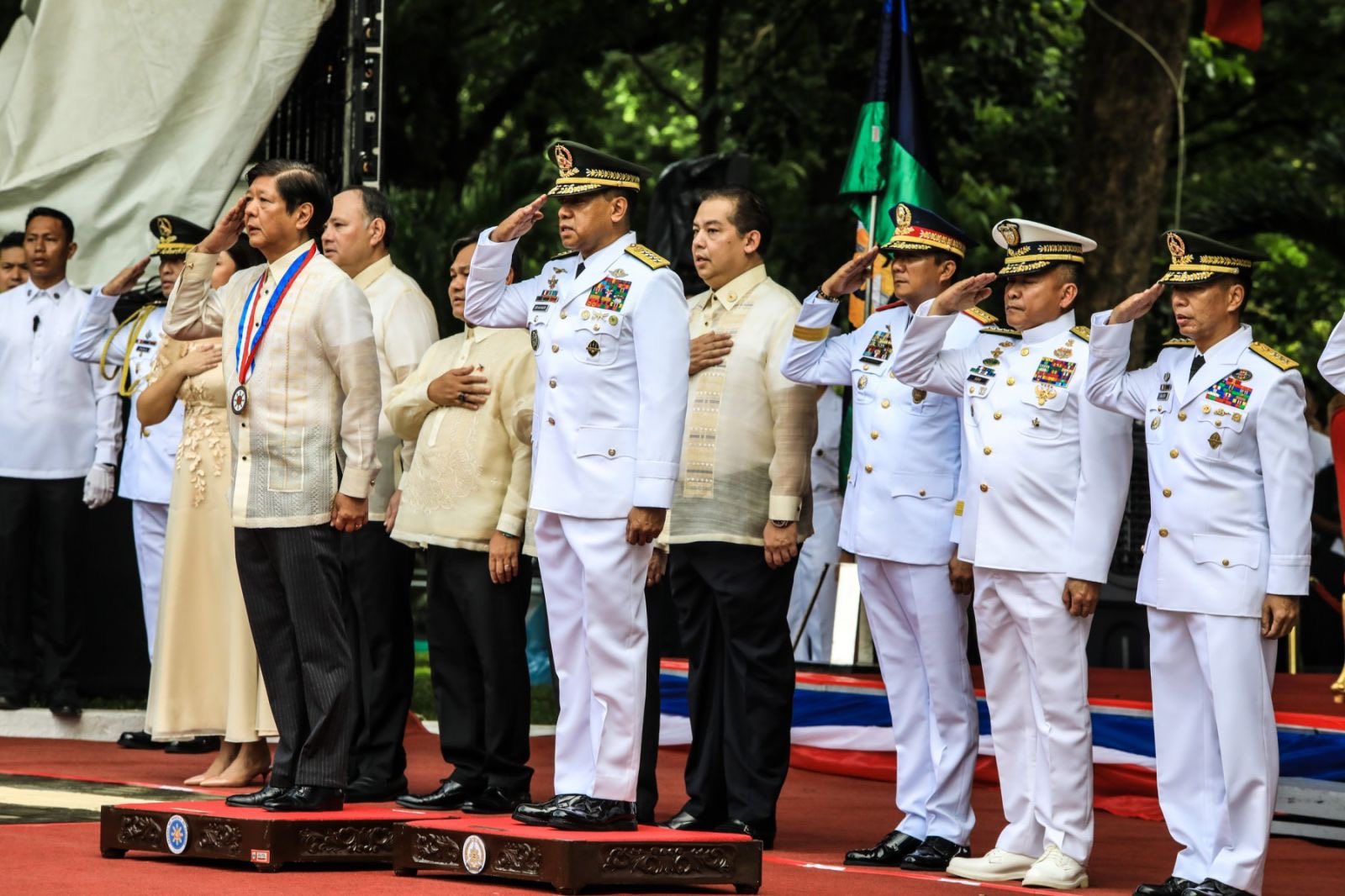Brawner bares massive presence of Chinese vessels in South China Sea
China’s massive presence in the South China Sea (SCS) is evident with the number of vessels they deploy in the area, Armed Forces of the Philippines (AFP) Chief of Staff Gen. Romeo Brawner Jr. said on Monday, August 28.

At one point, Brawner said the AFP monitored more than 400 vessels at the marginal sea off the Western Pacific Ocean and 85 percent of them are from China.
“At any one time in the South China Sea, there are more than 400 foreign vessels including fishing vessels, research vessels, coast guard, and navies from different countries,” Brawner said at the sidelines of the commemoration of the National Heroes Day at Libingan ng mga Bayani in Fort Bonifacio, Taguig City.
“But majority of these more than 400 are Chinese. According to the commander of WesCom [Western Command], [Vice] Admiral [Alberto] Carlos, he said about 85 percent of all the foreign vessels in the South China Sea are Chinese,” he added.
Despite this, Brawner said the AFP has maintained its presence in the West Philippine Sea (WPS), the area which covers the Philippines’ 200-nautical mile exclusive economic zone (EEZ) in the SCS, by conducting maritime and aerial patrols.
The AFP also regularly sends supplies to the troops stationed at the nine features occupied by the Philippines in the Spratly Islands or Kalayaan Island Group in WPS.
But China’s imposing presence in the SCS sometimes result to tension just like when its coast guard fired a water cannon at two civilian boats chartered by the AFP to bring supplies to soldiers onboard BRP Sierra Madre in Ayungin Shoal last August 5.
This was widely condemned by the international community as countries such as the United States, Australia, and Japan among others said that rules-based international order must be followed and disputes in the SCS should be addressed in an amicable manner.
Aside from Philippines and China, other countries with overlapping territorial claims in the SCS include Taiwan, Brunei, Malaysia, and Vietnam.